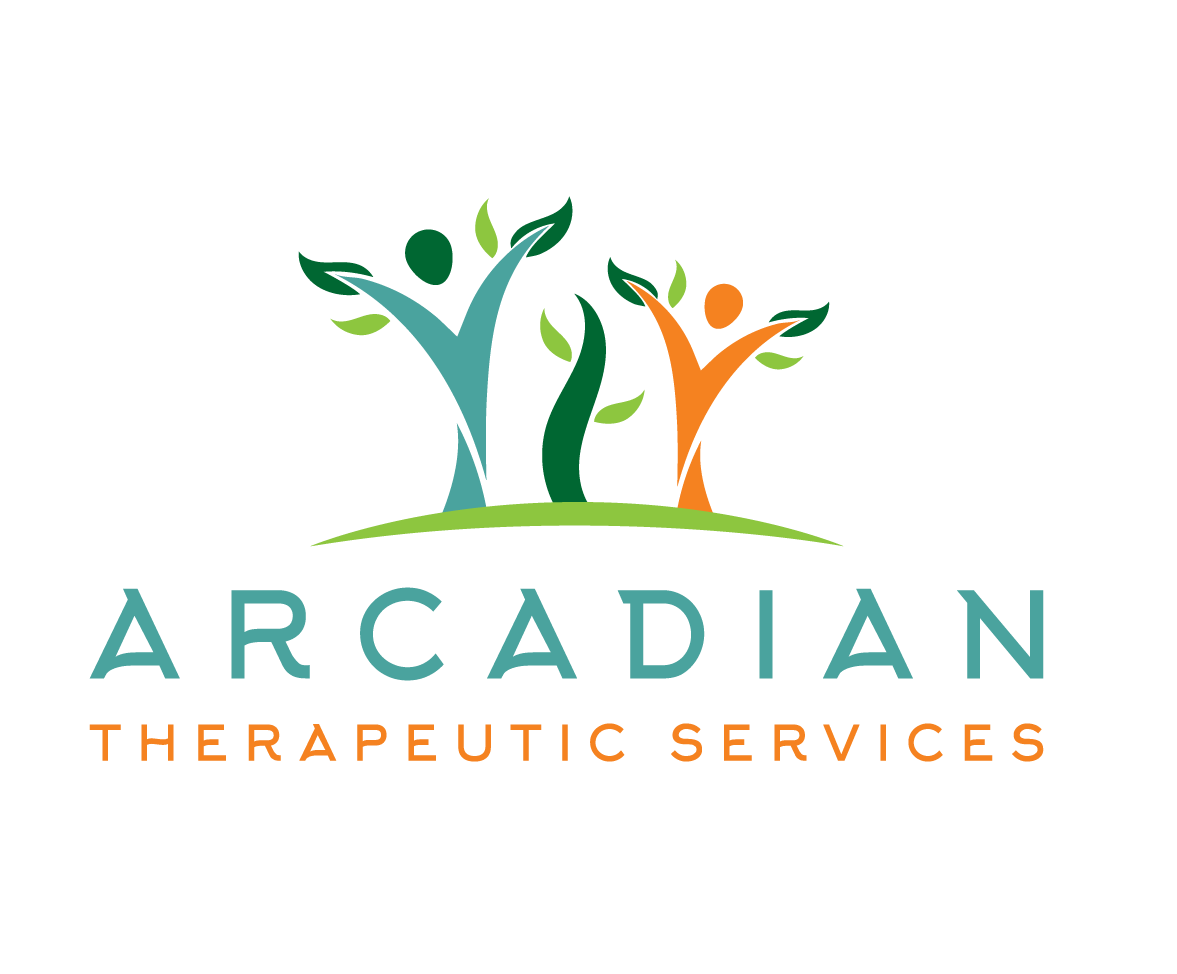Unleashing Happiness: Positive Effects of Pets on Your Mental Health
Whether through the gentle purr of a cat, the joyful wag of a dog's tail, or the tranquil presence of a horse, pets have become known for their ability to bring joy and comfort to our lives. Life with a pet’s companionship can provide comfort and a sense of responsibility. However, their impact can go beyond just companionship. In recent years, there has been growing recognition of how pets can play a vital role in therapeutic healing and contribute to improved mental health for humans of any age.
If you’re a pet owner, you may already know of the unique bond between humans and their pets. Whether you're a dog lover, a cat enthusiast, or an advocate for exotic animals, the positive impact of pets on mental health is undeniable. But how exactly do pets provide a therapeutic boost to our mental well-being? How involved in your therapy journey can animals be?
⇩ Stress and ⇧emotional support
The soothing presence of pets has a remarkable ability to reduce stress and anxiety. Interacting with pets can trigger the release of oxytocin, a hormone associated with bonding and relaxation, according to UCLA Health. Whether it's stroking a cat's soft fur, playing fetch with a dog, or watching fish glide through water, the simple act of spending time with a pet can provide a sense of calm and emotional support during difficult times.
Mindfulness and presence
Pets can teach us mindfulness – the practice of being fully present in the moment. When you engage with your pet, you start to naturally focus on their needs and behaviors. This mindfulness can be a valuable tool for individuals dealing with conditions like anxiety, depression, or PTSD, helping them redirect their thoughts away from distressing and repeating worries and towards the present moment.
Communication and social skills
For individuals with social anxiety or communication difficulties, pets can serve as non-judgmental practice partners. Interacting with animals can improve one's ability to read body language, express emotions, and develop stronger communication skills. This newfound confidence can carry over into human interactions, making social interactions less daunting. Pets can also become a topic of conversation when meeting new people. Passionate pet owners LOVE talking about their pets!
Unconditional love and acceptance
Pets offer a unique form of unconditional love and acceptance. They don't judge or criticize; instead offering unwavering loyalty and affection. For those struggling with self-esteem or self-worth issues, the love of a pet can be a welcoming aid, helping individuals begin to recognize their inherent value.
Therapeutic healing
Pets have found their way into therapeutic settings, playing integral roles in various forms of therapy. Here are some ways pets are involved in the therapeutic healing process:
Therapy Animals: Pets and animals of all kinds can receive training and become certified to volunteer with their owners/handlers to help other people in places such as schools, hospitals, nursing homes, etc. Owners can receive training and certification from an animal-assisted intervention organization.
Emotional Support Animals (ESAs): ESAs are pets that provide comfort and support to individuals with emotional or psychological conditions. Recognized by laws such as the Americans with Disabilities Act (ADA), ESAs can accompany their owners in various settings, including airplanes and housing. These pets can range anywhere from dogs and cats to rabbits and birds. Owners can request an ESA letter from a qualified physician or mental health professional with reasonable need.
So after all, pets can be a largely positive addition to the therapeutic journey. Even brief interactions with animals at the park, in the zoo, or at home can become opportunities to practice healthy skills to benefit your mental health.
Written by: Kay Bibbee, Candidate for Masters in Marriage and Family Therapy
